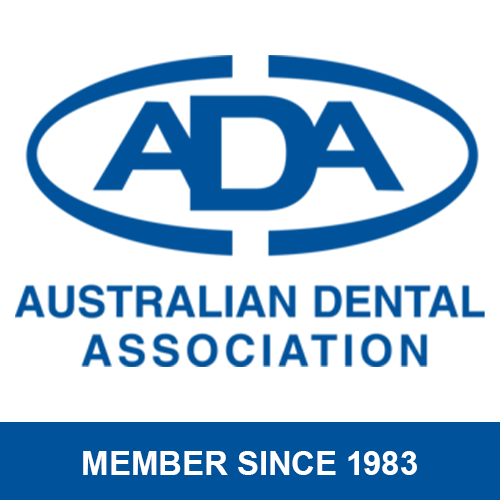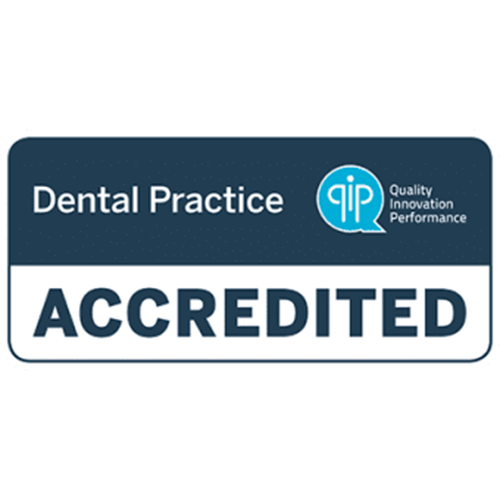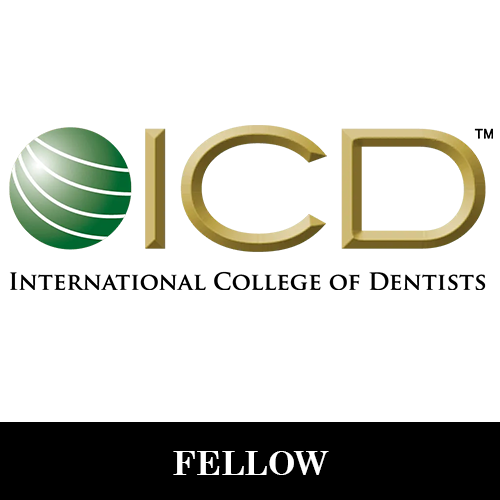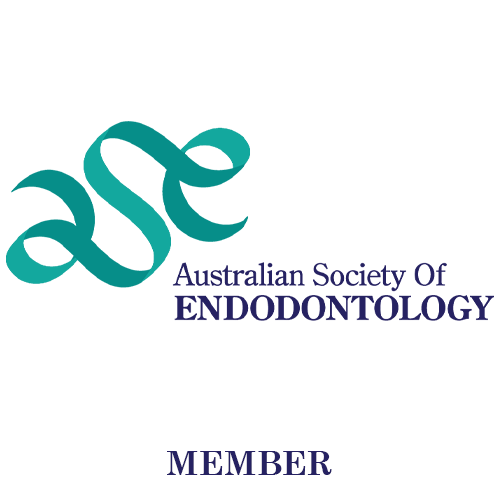Can poor oral health make you sick?
Cavities and toothaches have been the most common problems that we used to associate with poor oral hygiene. This can also lead to a much more significant health issue. Learn more about the possible health risks if you don’t start taking good care of your oral health.
Why is it possible? Here’s what the expert says:
A Columbia University Microbiologist, Dr
Yiping Han, PhD certainly thinks so: she has been researching the role of oral bacteria affecting the health of organs far removed from your mouth since the 1990s.
“ P eople thought it was impossible,” says Han, professor of microbial sciences at the College of Dental Medicine. “But we found oral bacteria are frequently detected at extra-oral sites where there are infections and inflammation.” , she added.
Where do most of your body’s bacteria live?
Your gut is where most of your body’s bacteria live. They help us digest food and fortify our immune system.
The second most complex body part is the mouth , with a bout 700 different bacteria species have been identified . Good beneficial bacteria prevent the growth and colonization of bad infection-causing bacteria known as pathogens.
Now, you might be wondering how do these bacteria transfer?
When you kiss someone, you transfer bacteria just like in fanilies , mostly because of bacteria swapping but also because of shared genes that influence the microbial community.
Dr . Han’s research showed that oral bacteria can get into the blood circulation , can colonize very quickly specifically in the placenta and proliferate very quickly, and cause preterm births and stillbirths.
We recently published our findings that significant levels of oral bacteria in the cord blood are associated with early preterm births–babies born before 32 weeks of gestation. And these are actually the most medically relevant cases because early preterm babies have the highest mortality and morbidity.
Similarly, oral bacteria can translocate to the gastrointestinal tract and contribute to intestinal inflammation. By moving, oral bacteria can create infection and inflammation outside of the mouth.
The Han research lab
is now studying whether this bacterium could be linked to neurodegenerative diseases like:
- Alzheimer’s
- Autism and
- Parkinson’s
You might be wondering, if this bacterium is always in the oral cavity and everybody has it, why isn’t everybody delivering premature babies and having colorectal cancer? It turns out that n ot all bacteria can translocate down the GI tract.
Her study showed that stomach acid plays a very important role in limiting bacterial translocation. We found that Fusobacteria can undergo dramatic biochemical structural change and become coated with amyloids (a protein that builds up in organs) , like the plaque you find in the brain of Alzheimer’s patients. These amyloids are sturdy and resistant to acid. They act like a shield, coating the bacteria, making the bacteria resistant to acid. They also allow bacteria to colonize in different body sites and stimulate cancer growth.
We think this is how Fusobacteria can translocate down the GI track. We published a paper last year that showed the antibody levels against this amyloid are significantly elevated in cancer patients in both early and late stages. So, it could be a way to detect colon cancer early.
Keeping your Oral Health up to date with Moss Vale Dental
Many of our patients at
Moss Vale Dental, not only wish to have problems fixed, but they also want to actively prevent disease, and we believe that one of the best ways to achieve that is to have sparkly teeth all the time because our
standard of care
is goals for your health. To experience the highest quality care for your oral health, call (02) 4869 3111 to make an appointment.
Site Links
Our Services
Locations We Service
Contacts
ABN: 40 525 320 779
Trading Hours
- Monday
- -
- Tuesday
- -
- Wednesday
- -
- Thursday
- -
- Friday
- -
- Saturday
- Closed
- Sunday
- Closed














